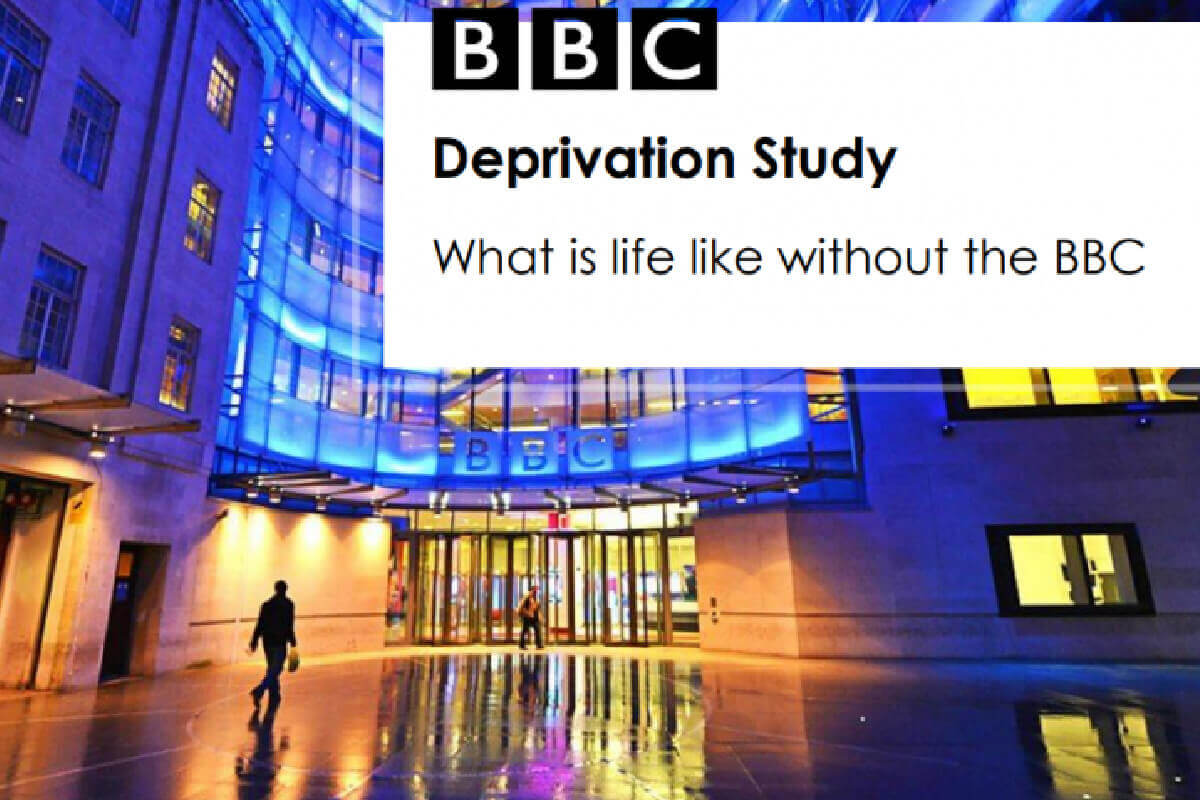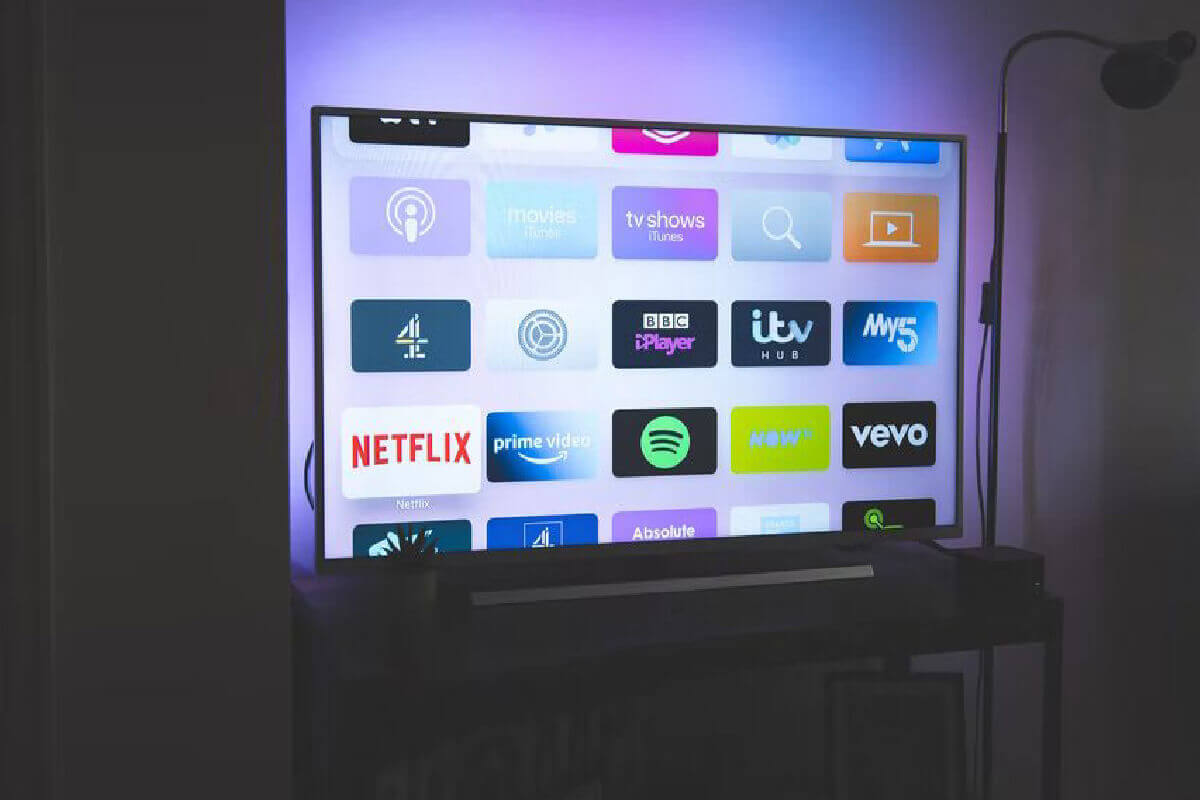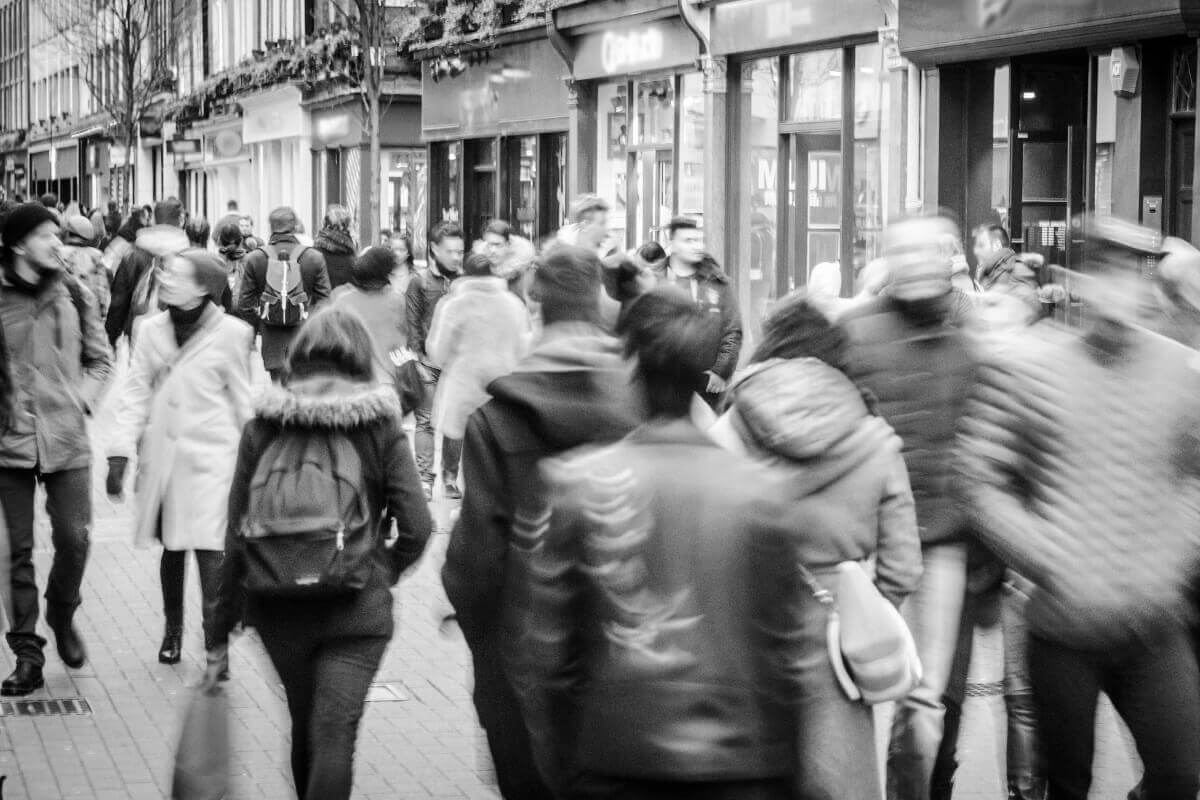Joni Mitchell’s lyrics (or Janet Jackson if you prefer) neatly encapsulate the findings from our deprivation study for the BBC, which demonstrate that many households underestimate the value they get from the national broadcaster.
Can you imagine a life without the BBC?
It’s a tricky question to answer. For many of us in the UK the BBC has been omnipresent in our lives, as demonstrated by the broadcaster celebrating its centenary this year.
In order to explore the value that the BBC delivers to UK households for the licence fee, we deprived 80 households from across the UK of all BBC products and services for a period of nine days. They were then given the equivalent cost of the licence fee for those nine days to see what difference, if any, it made to their initial views of the licence fee and the BBC. The findings, published last week, show a remarkable consistency to a similar study we ran back in 2014-15 – despite a dramatically different media landscape in 2022.
This means that 70% of households, who initially said that they would prefer to pay nothing or pay less than the current licence fee amount, changed their minds and became willing to pay in order to keep BBC content and services. The figure in 2014-15 was 69%. And yet today there is much more competition (or higher penetration) of SVOD services such as Netflix, Disney+ and Amazon Prime, as well as audio streaming options like Spotify and Apple Music.
The experience of having to forgo everything that the BBC has to offer made these households realise…well, just how much the BBC has to offer. Many underestimated how much content they actually consume from the BBC across platforms and it heightened realisations that the licence fee covers more than just TV. Households that changed their minds also sometimes struggled to find adequate quality of replacements, or became frustrated by the volume of advertising that they became exposed to by not being able to turn to the BBC. They also cited how it made them consider how the BBC plays a unique role in British culture and heritage, that they had not necessarily thought about or realised before.
The households that changed their minds were also highly varied: from different life stages (single people/house shares, couples, families and retired); those with and without SVOD services; those with and without pay TV; lower and higher socio economic groups; across different Nations and regions of the UK.
As well as our full report there is a 10 minute summary video of the research available here, where you can see a selection of the households that changed their minds and their reasons for doing so, as well as the ones who did not.
Anyway, I’ve go to go. There’s a big yellow taxi waiting for me.
Ross Taylor
4th May 2022



